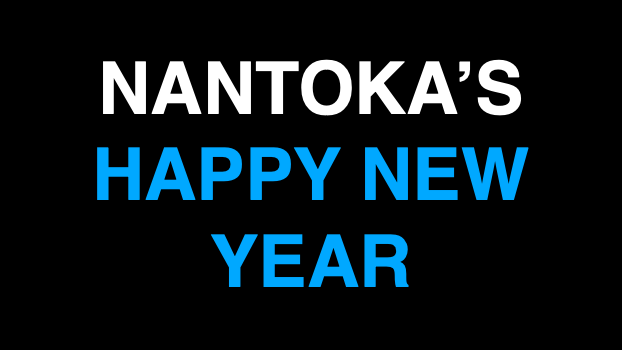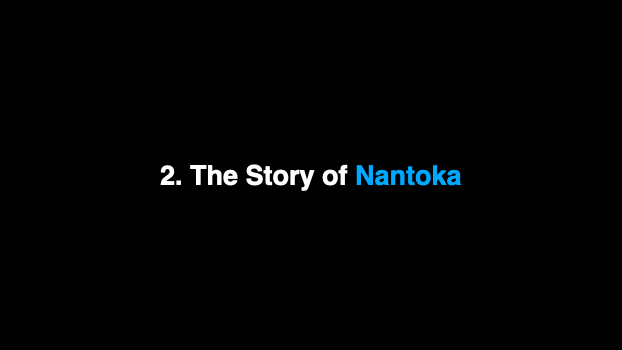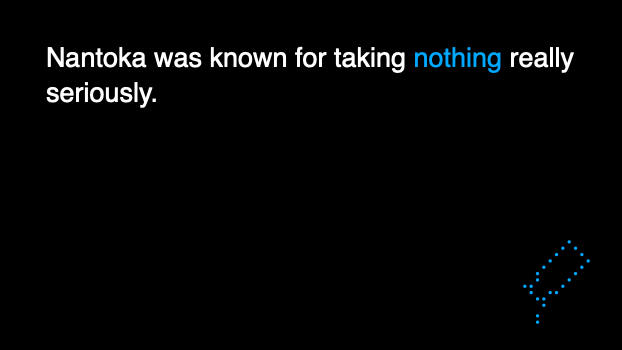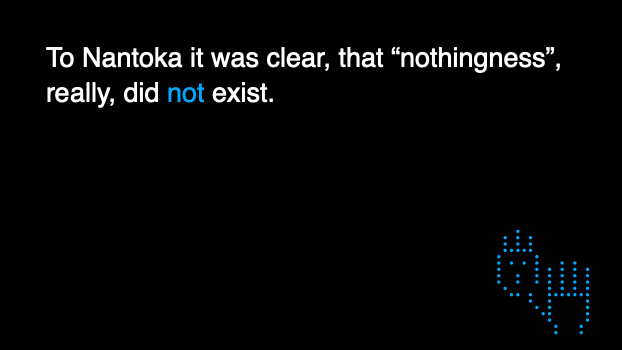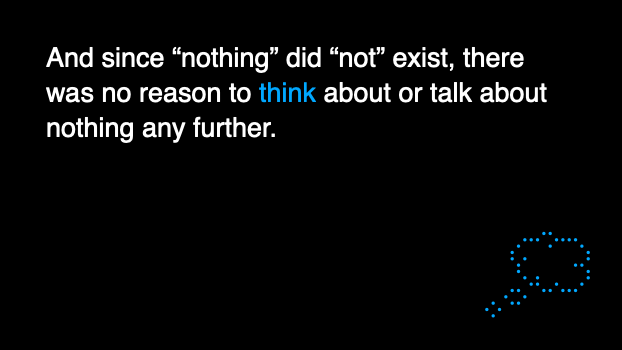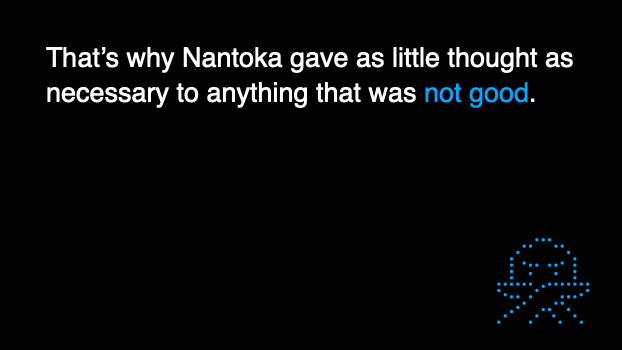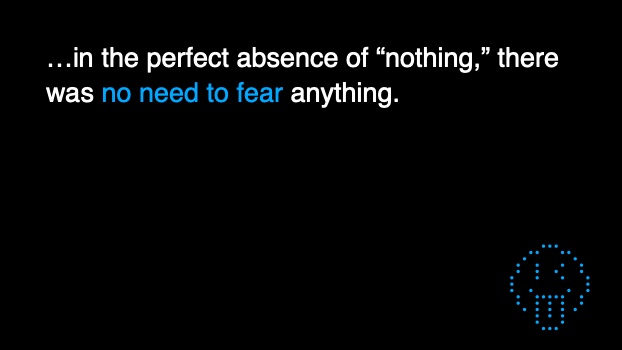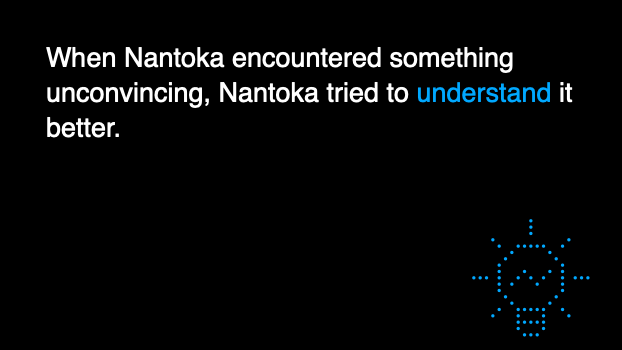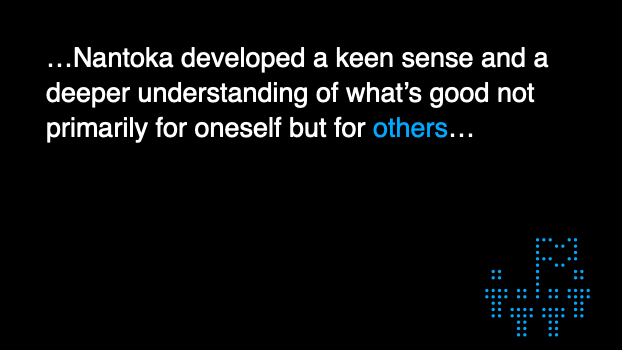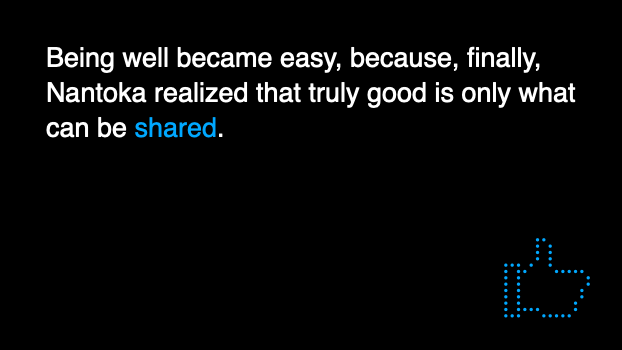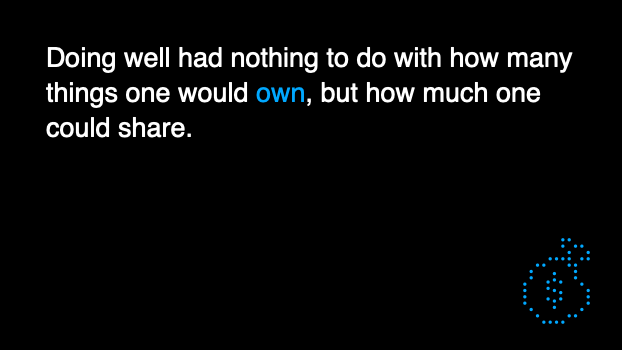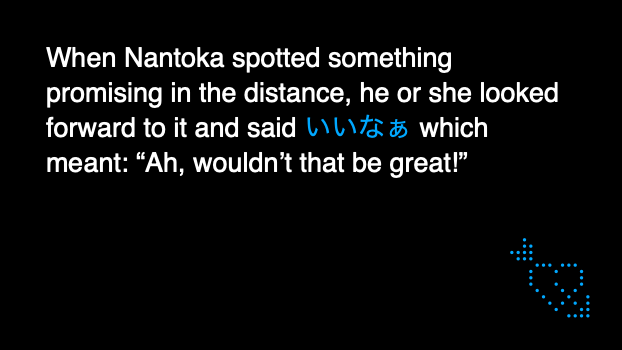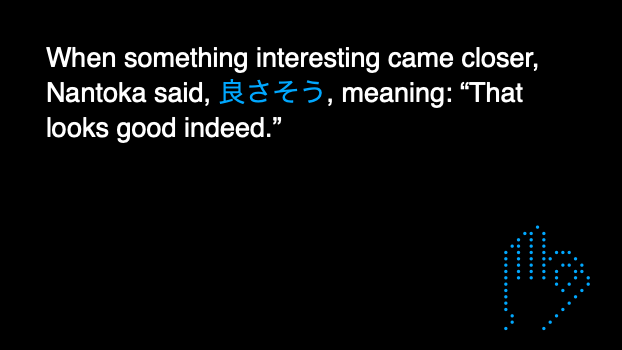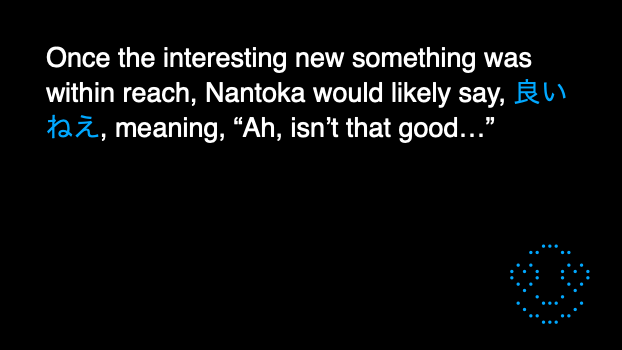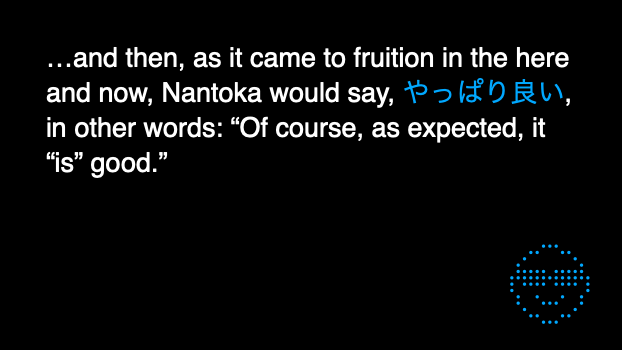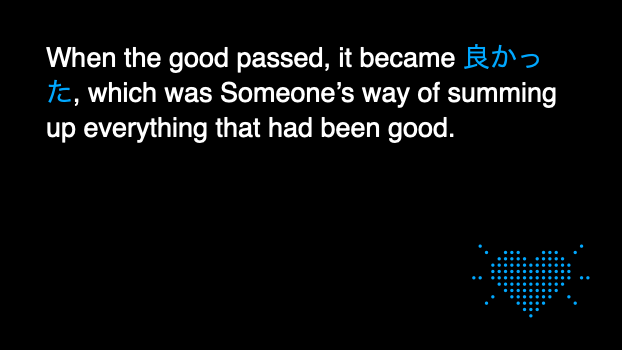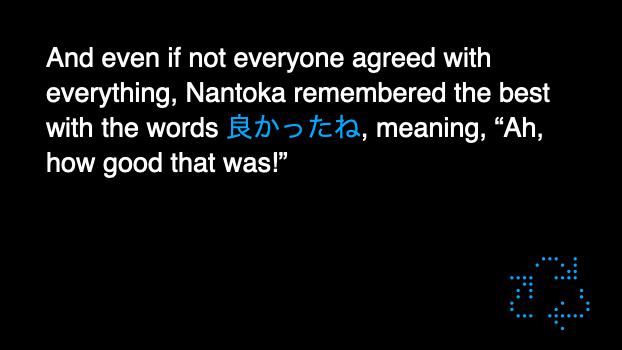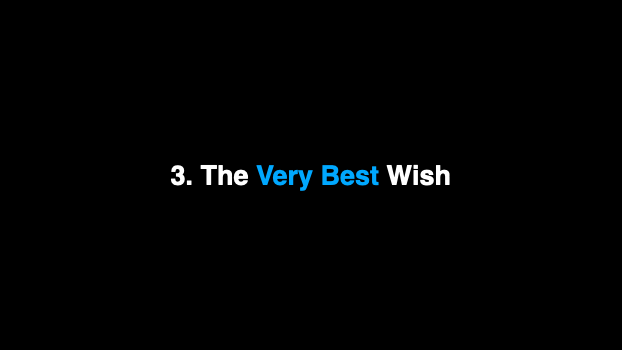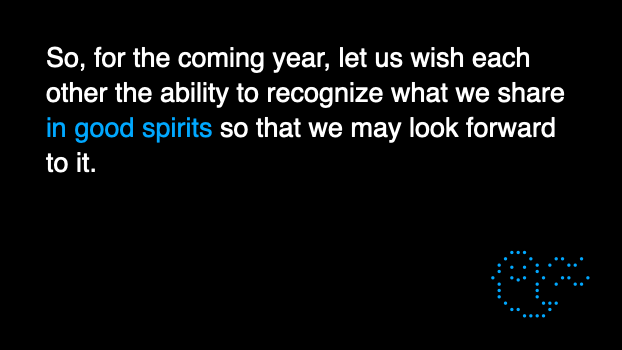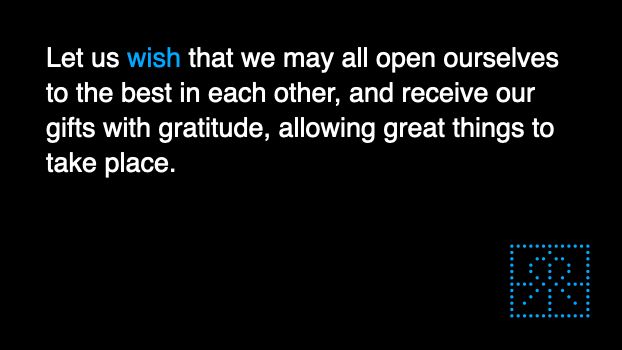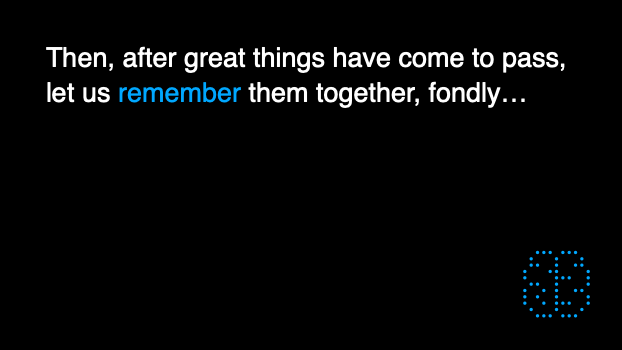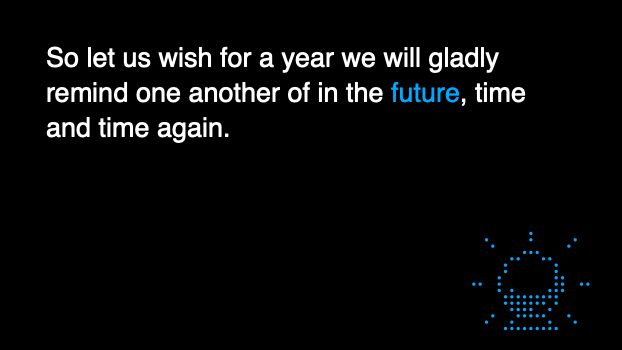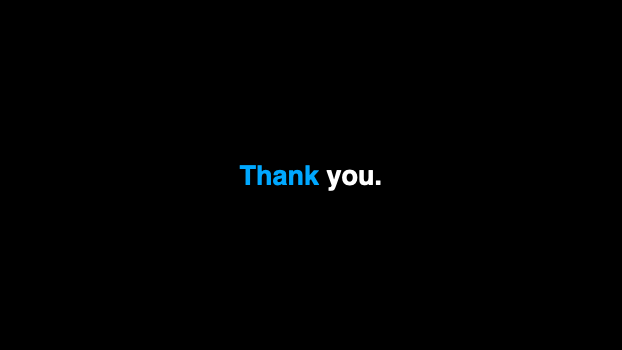Nantoka’s Happy New Year
Instead of wishing each other the best and then making solitary resolutions that we’ll fail at one by one, let’s try something happy, something new, something nice, this year.
How about not just saying “All the best” for the New Year, but going a step further?
We wished each other the best and then took our resolutions for many years and rarely made us happy. The duo of best wishes and solitary resolutions is a sad couple. Wishing people “all the best” and then doing nothing for them is like a dinner invitation, where instead of cooking and having a nice meal together, you get a coupon for a German breakfast buffet. The one where they serve that nasty neon pink German breakfast salami.
1. What is all the best, anyway?
It may seem asif the best is something different for each of us. So we just say “I wish you your best”, move on, completely forgetting the simple, common trait that the best has.
The common trait of “all the best” is that it’s not owned but shared.
Forgetting what the best is, each one of us thinks of what things we wish for ourselves and then eventually we fail by ourselves, alone. We inevitably fail achieving the best for ourselves. Simply, because the best can only be achieved together.
Alone, we may fail even with our best intentions—but when we share our best with others we can hardly go wrong.
How do we best share the best? It’s not that complicated, and yet it’s a precious matter. So let’s wrap and unwrap it slowly and nicely, in the form of a small story, like a beautiful gift.
2. The Story of Nantoka
This little story begins with a certain someone, also known as Nantoka, that lived somewhere in the empire of dokodemo, sometime ago in the itsudemo era.
Nantoka was known for taking nothing really seriously.
He or she stubbornly refused to see nothing, hear nothing, feel nothing, or even trying to understand nothing. In Nantoka’s heart and mind, there was no room or reason for “nothing” or “not,” nor for anything destructive to exist.
To Nantoka it was clear, that “nothingness”, really, did not exist.
Because, after all, Nantoka thought, nothing is nothing.
And since “nothing” did “not” exist, there was no reason to think about or talk about nothing any further.
For Nantoka, there was neither “nothing” nor “not.” Wasting time on things that didn’t exist just didn’t make any sense. Nantoka only paid attention to what did exist.
That’s why Nantoka gave as little thought as necessary to anything that was not good.
Since “not good” was, for all intents and purposes, as good as nothing, Nantoka hardly cared about the thousand ways to interpret “not good” – despite the more than 100,000 ways one could, if inclined, say “not good,” or as, for some reason, they called it in his village, “良くない”. And so this certain Nantoka started living a fearless life because…
…in the perfect absence of “nothing,” there was no need to fear anything.
That’s just logical, and in many ways.
When Nantoka encountered something unconvincing, Nantoka tried to understand it better.
And if, despite Nantoka’s best efforts, he or she still couldn’t make sense of it, Someone simply let it be, usually with a few words like “良いよ”, in other words “dude, it’s good”, or “良いじゃない”, meaning “come on, it is good as it is”, or “別に良い”, which literally means “considered on its own, it’s good.” but are often used in a thoughtless way where they mean nothing. But that Someone understood that not everything could be exceptional for everyone.
Nantoka aimed for nothing but the best. And over time…
…Nantoka developed a keen sense and a deeper understanding of what’s good not primarily for oneself but for others…
… doing his or her best to advance the good through one’s own actions. Rather than buying cool stuff Someone found that doing well onto others is what felt really good.
Being well became easy, because, finally, Nantoka realized that truly good is only what can be shared.
To him or her, a good that cannot be shared was just a good. The best way to share anything was doing things for others. And strangely, the more Nantoka did for others the better Nantoka felt.
Doing well had nothing to do with how many things one would own, but how much one could share.
Within just a year of doing well, Nantoka’s view on the world improved so much that he or she was getting more and more interested in doing even better.
When Nantoka spotted something promising in the distance, he or she looked forward to it and said いいなぁ which meant: “Ah, wouldn’t that be great!”
Pronounced: “Ii naa.”
When something interesting came closer, Nantoka said, 良さそう, meaning: “That looks good indeed.”
Pronounced: “Yosasō.”
Once the interesting new something was within reach, Nantoka would likely say, 良いねえ, meaning, “Ah, isn’t that good…”
Pronounced: “Ii nē.”
…and then, as it came to fruition in the here and now, Nantoka would say, やっぱり良い, in other words: “Of course, as expected, it “is” good.”
Pronounced: “Yappari ii.”
When the good passed, it became 良かった, which was Someone’s way of summing up everything that had been good.
Pronounced: “Yokatta.”
And even if not everyone agreed with everything, Nantoka remembered the best with the words 良かったね, meaning, “Ah, how good that was!”
Pronounced: “Yokatta ne.”
3. The Very Best Wish
So, for the coming year, let us wish each other the ability to recognize what we share in good spirits so that we may look forward to it.
Let us wish that we may all open ourselves to the best in each other, and receive our gifts with gratitude, allowing great things to take place.
Then, after great things have come to pass, let us remember them together, fondly…
So let us wish for a year we will gladly remind one another of in the future, time and time again.
